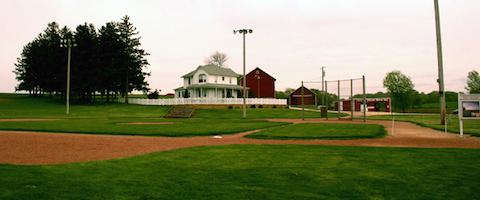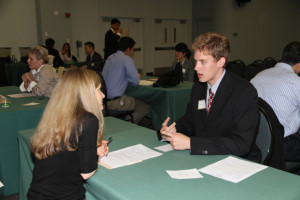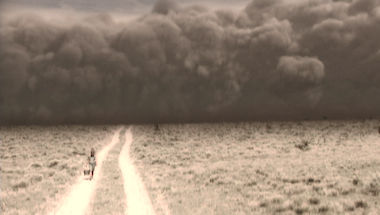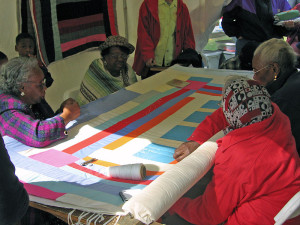 Is your limited English standing in your way? Do you want to improve your English now?
Is your limited English standing in your way? Do you want to improve your English now?
Learn English even faster with the help of the Learning Guide. In it, you’ll get more vocabulary, language explanations, sample sentences, comprehension questions, cultural notes, and more.
Get the Learning Guide and support ESL Podcast today by becoming a Basic or Premium Member!
………
ON MONDAY
ESL Podcast 1026 – Marrying Young
In the Learning Guide: Get a full transcript (written version of every word you hear), vocabulary list and sample sentences, and comprehension questions.
In “What Else Does it Mean,” learn the other meanings of “to pose” and “to lean on.”
In the “Culture Note,” learn about “Non-Traditional Students in College.”
“Traditionally, students attend college ‘straight out of’…” – READ MORE in the Learning Guide
…
ON WEDNESDAY
English Cafe 464
Topics: The Roaring Twenties; The Empire State Building; Indians (Asians) versus Indians (indigenous peoples); to blow up versus to explode; staging ground
In the Learning Guide: Get a full transcript (written version of every word you hear).
In “What Insiders Know,” you will read about “The Boxer Jack Dempsey.”
“William Harrison ‘Jack’ Dempsey was a famous American professional ‘boxer’…” – READ MORE in the Learning Guide
…
ON FRIDAY
ESL Podcast 1027 – Adding Condiments to Food
In the Learning Guide: Get a full transcript (written version of every word you hear), vocabulary list and sample sentences, and comprehension questions.
In “What Else Does it Mean,” learn the other meanings of “to miss out.” and “a dab of.”
In the “Culture Note,” learn about “The Development of Ketchup.”
“Ketchup has a long ‘culinary’ (related to food and cooking) history…” – READ MORE in the Learning Guide




